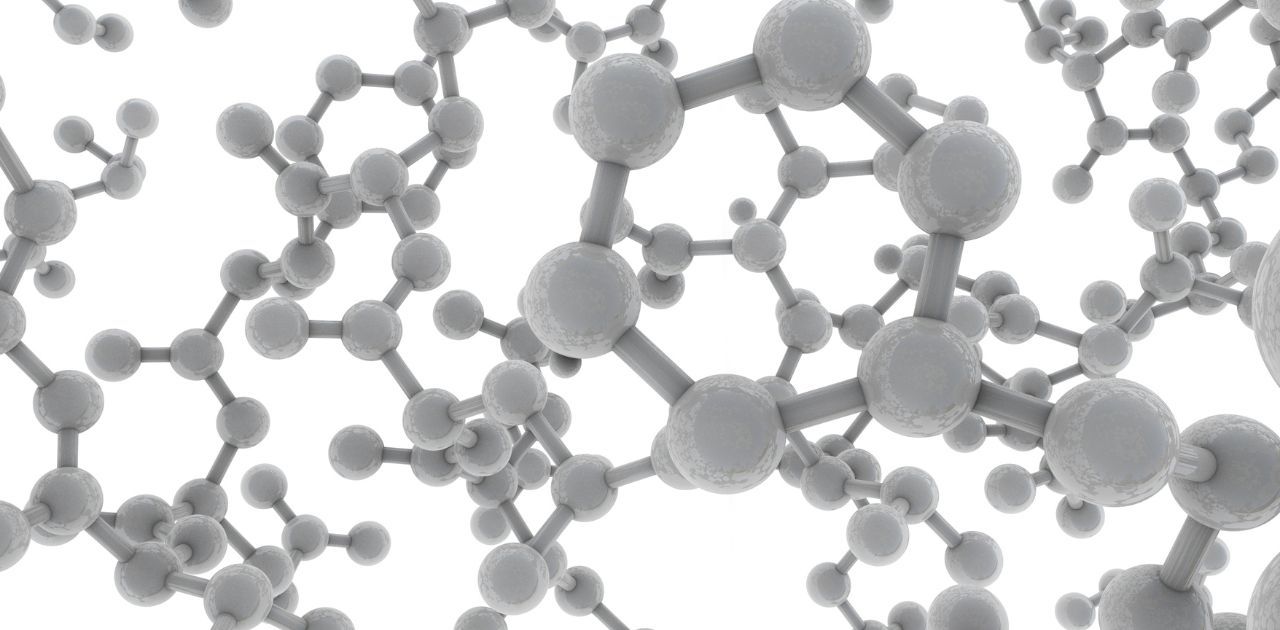
What's The Difference Between Glutamine And L-Glutamine?
Confused by the difference between glutamine and L-glutamine? Learn the specifics on how they differ and their potential benefits.
Chances are if you've stepped foot in a supplement store, picked up a protein shake, or done any research whatsoever into fitness and nutrition, you've come across the terms glutamine and L-glutamine.
But what exactly are they?
And more importantly, what's the difference between them?
- Glutamine is a conditionally essential amino acid that is important for many biological processes in the body, including protein synthesis, immunity, and gut health.
- L-glutamine is simply the form of glutamine that exists in our bodies.
- Glutamine can help to reduce muscle soreness and support muscle recovery following exercise.
- Glutamine may have brain-boosting benefits, such as promoting healthy brain function during times of stress and supporting healthy mood.
- Glutamine is found naturally in many protein-rich foods, and it can also be taken in supplement form to support overall health and wellness.
What Is Glutamine?
- There are 20 amino acids that occur naturally in the human body, and of those 20, glutamine is the most abundant amino acid.
- It makes up 30 to 35% of the amino acids in our muscles!
Glutamine is somewhat different from other amino acids in that it is classified as a conditionally essential amino acid.
In healthy people with adequate amounts of glutamine from food sources, a dietary supplement is generally not needed.
However, certain populations such as those who exercise intensely or have certain health conditions may benefit from glutamine supplementation for therapeutic uses.
That's why it's often referred to as a "conditionally essential" amino acid.
Our bodies can usually produce enough on their own, but during periods of stress (like intense workouts), we may need to supplement with extra glutamine to meet our needs.
What Is L-Glutamine?
All 20 of the natural amino acids exist in both a right-handed and left-handed form, but our bodies can only use the left-handed form (hence the "L" designation).
- So when you see L-glutamine on a supplement label, know that you're getting the same stuff that's already floating around inside you!
So what makes them different?
The main difference between these two forms of glutamine lies in how they interact with other substances in your body.
This means it’s more effective at providing energy for your muscles when you need it most – like during a workout or when recovering from an injury.
Because of this increased absorption rate, many athletes prefer to supplement with L-Glutamine rather than glutamine alone; however, both forms have their uses and benefits!
For instance, research suggests that increasing dietary intake of either form can help speed up recovery time after intense exercise or injury by reducing muscle soreness and fatigue.
Additionally, studies have also shown that taking supplements with both types can provide even better results as they work synergistically together to enhance cellular uptake and utilization by the body's tissues.
The Science Behind Glutamine And L-Glutamine

The primary function of glutamine is to help maintain cell hydration and proper acid/base balance by donating nitrogen for other important metabolic processes.
- Glutamine is the most abundant free amino acid in human blood, but L-glutamine can be found more often in living things than D-glutamine.
- Glutamine serves as fuel for rapidly dividing cells – like immune cells and gut microbiota – that need it in abundance to regenerate after injury or chronic inflammation.
- Glutamine is formed from glutamic acid in the body through a process known as amidation. Glutamine can also be converted into glutamic acid through a process called deamidation. Both glutamic acid and glutamine have important roles in the body and can be found in many protein-rich foods.
- Glutamine plays an important role in protein synthesis, which is the process by which cells build new proteins. It is one of the few essential amino acids that can directly stimulate protein synthesis in muscle cells, making it a popular supplement among athletes and bodybuilders seeking to increase muscle mass and strength.
What Are The Benefits Of Glutamine And L-Glutamine?

The benefits of glutamine and L-glutamine are far-reaching and varied as they help with many bodily functions. Here are some of them:
1) Improved Intestinal Health – Glutamine helps to strengthen the walls of our intestines by providing important fuel for cells in this area. It has proven beneficial in helping people suffering from irritable bowel syndrome (IBS). In addition to this, it can reduce inflammation throughout the gut lining and aid in digestion.
2) Reduced Muscle Soreness – Research has shown that taking supplemental glutamine after exercise decreases muscle soreness significantly compared to a placebo supplement. This might be due to its ability to increase levels of nitric oxide production which helps reduce fatigue after strenuous physical activity. A significant amount of glutamine in the body is stored in skeletal muscle, where it plays a critical role in maintaining muscle mass and aiding in post-exercise recovery.
3) Improved Immune System Function – Glutamine's role as an immune system regulator has been studied extensively in recent times with positive results showing improved recovery time for those who take it regularly when exposed to high-intensity exercise or infection without any adverse effects noted so far.
4) Increased Growth Hormone Production - Studies have found that taking supplemental doses of L-glutamine can cause significant increases in growth hormones levels which could improve muscle mass gains over time as well as aid fat loss campaigns when paired with regular exercise programs adequately matched up with nutrition plans designed specifically for individuals goals accordingly.
5) Brain Boosting Benefits - Glutamine is a precursor to neurotransmitters such as glutamate and GABA, which are vital for cognitive function. Glutamate is important for memory and learning.
Which Is Better: Glutamine Or L-Glutamine?
It really depends on what you're looking for in an amino acid supplement.
Glutamine and L-Glutamine are both forms of the same essential amino acid, but they have slightly different properties which may make one a better choice for your specific needs.
This means that it not only supplies all the benefits mentioned previously but also allows for quicker absorption into the bloodstream than regular glutamine does thanks to its shorter chain length that does not require additional digestion processes like gluconeogenesis first before being usable by our bodies' cells.
This makes L-glutamine beneficial when needing a fast-acting response from supplementation - such as when taken immediately prior or post-workout – though regular glutamines benefit has been shown across multiple studies on humans over extended periods too so one should still consider their individual needs carefully before deciding between them!
Which One Should You Take?
The decision of whether to take glutamine or L-glutamine comes down to what you are trying to accomplish.
Both forms are amino acids and they serve similar roles in the body, but there is an important difference between them.
- L-glutamine is considered a “pharmaceutical grade” form as it has been purified and processed in order to degrade any contaminants that can be harmful.
- If you are looking to support muscle health and recovery after exercising, L-glutamine is typically recommended.
- It may also be helpful for individuals who are experiencing gut health issues or are trying to manage conditions such as leaky gut syndrome.
- However, if you are looking for a more comprehensive approach to your overall health and wellness, a combination supplement with both glutamine and L-glutamine may be more beneficial.
Glutamine supplementation can help support immune function, gut health, and overall energy levels.
Before You Go...




